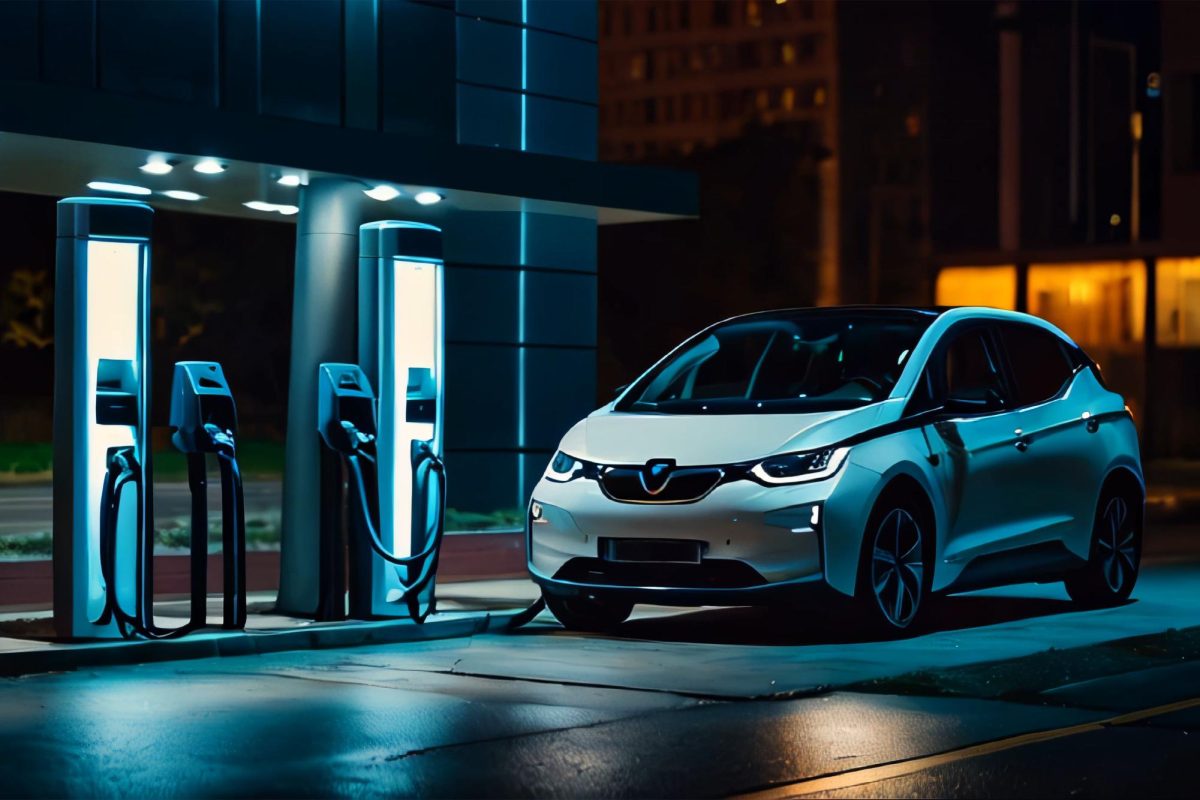EVs are cars that run on an electric motor and are powered by electricity instead of gasoline. EV is a term short for electric vehicles. They’ve been around for quite some time and not many people own or know much about them. Though its popularity has been rising in the past few years. EVs are said to be the greener option when buying a car, as they have a lot of environmental benefits and help reduce climate change. But that aside, they also have a downside to them. In this article, we will explore some of the different benefits and cons of having an EV.
If you know about EVs, even if it’s a little, you probably know that they are more environmentally friendly. They do not emit pollutants in the air and use no fuel. This would mean that fewer harmful particles would be released into our atmosphere, giving us humans and animals cleaner air and better health. For example, EVs would reduce the overall number of premature deaths that occur in the US each year. California, the state with the highest number of EVs on the road, has seen some positive changes in air quality and health from its residents adopting EVs. This will eventually help the state reduce its carbon footprint.
Since EVs use no fuel, they can charge using renewable energy, such as the sun. EVs have better performance than gasoline-powered cars. One reason is because of their faster acceleration. And because they lack engines, they naturally produce less noise, which then results in quieter roads and an overall decrease in noise pollution. Another benefit of EVs is that they have a lower maintenance rate than a normal gasoline-powered car. Their fewer fluids and moving parts do not require constant maintenance as opposed to a regular car, making it easier for its owner to manage.
Even with all of their benefits, in the end, EVs are still not the most perfect invention. Although they don’t directly emit pollutants into the atmosphere, they are made up of materials whose manufacturing consumes energy and produces pollution. For example, most of today’s EVs use lithium in their batteries, and lithium is mined using toxic fumes that then can cause environmental problems, thus making EVs not completely environmentally friendly.
This is eighth-grade teacher Mrs. Boyko’s opinion towards EVs. “I’m for them for the most part. I think it’s a good potential alternative to gasoline-powered cars. The only issue is where the electricity is coming from. Because if the electricity is being generated using fossil fuels to power the cars it’s only a little better.”
Eighth-grade student Tanya Jha also shares her opinion towards EVs. “I do not know much about them, but I’ve heard that they are good for the environment. But I’ve heard of too many accidents that happened because of self-driving. While the idea is good I believe drivers will get too comfortable with the technology and inevitably crash. The environmentally safe aspect however intrigues me and has potential.”
Even if EVs usually require lower maintenance, you shouldn’t be surprised about needing to replace your battery pack at least one time in the car’s lifetime, and that one time you need to replace the battery will cost you thousands of dollars. On top of that, EVs also have a higher initial price than regular cars.
Another con of EVs is their limited driving range, meaning that depending on your car’s model, you can only go for a certain number of miles before you have to charge it again. Although a limited driving range doesn’t bother most people, it may be a problem for people who enjoy taking long road trips. Not only can EVs take more than half an hour to charge, but it would also be a problem if you are traveling in areas that have a limited number of charging stations available.
































